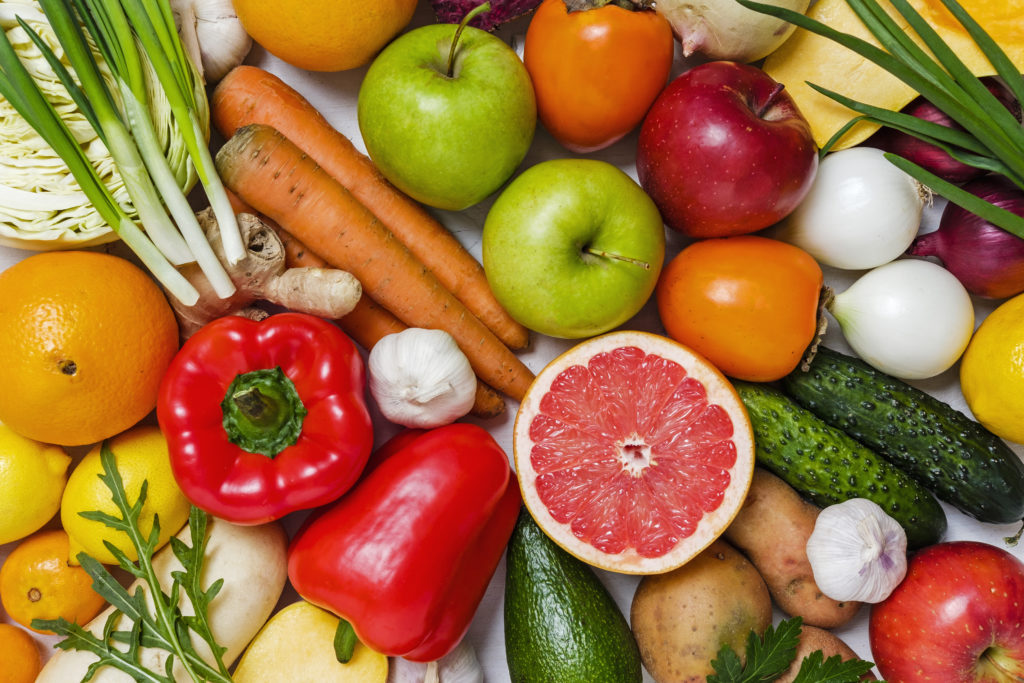The Plant-Based Food Alliance, a coalition of companies, civil groups and charities, recently launched in the UK with founding members Oatly, Upfield, Alpro, ProVeg UK and The Vegan Society. The aim of the alliance is to provide a voice for the growing plant-based sector and help make the UK a leader in the space.
The Alliance will be creating a Food Charter to outline how businesses and the UK government can collaborate to support the uptake in plant-based diets. It will be advocating for more awareness of the environmental impacts of food and drink products by calling for both clearer environmental labels on food packaging and more public health campaigns educating consumers of plant-based diets.
The Plant-Based Food Alliance will also be campaigning for greater support for farmers transitioning to the growing demand for plant-based meat and dairy. This includes helping farmers shift to growing crops rather than rearing animals.
Related: Will Plant-Based Meat Prices Ever Be Lower Than Real Meat?
“We’re already seeing people introducing more and more plant-based meals into their diets, driven by a desire to improve their health and to reduce the environmental impact of their food choices,” said Plant-Based Food Alliance CEO Marisa Health in a statement. “This is a change we’re seeing in every demographic of the population.”
This is not the first organization advocating for the need to shift to plant-based diets. The European Alliance for Plant-based Foods was founded to bring together organizations in the plant-based sector to put plant-based foods at the center of the transition towards more sustainable food systems. Notable members include Beyond Meat, Nestlé, Unilever and Humane Society International.
Across Europe, many policies are being introduced to recognize the shift from animal- to plant-based foods. The European Parliament, for example, recently voted to proceed with its Farm to Fork Strategy, putting plans in motion for an environmentally-friendly food system with higher animal welfare standards. The strategy would trigger a shift away from intensive factory farming with a commitment to phase out cages.
Internationally, the Vegan World Alliance (VWA) aims to promote vegan values on a global scale. Consisting of four activist groups — the Dutch Association for Veganism, the Vegan Society of Aotearoa New Zealand, the Vegan Society of Canada and Vegan Australia — the VWA envisions a world in which animals are valued as individuals and should not be used for food, clothing or entertainment.
As for the UK, plant-based food is the fastest growing area of the food and drink industry, driven by rapidly growing consumer demand. Additionally, a quarter of the UK population now says they are flexitarians for reasons including health and nutrition, sustainability and biodiversity.
“We have an exciting opportunity to support this people-powered transition to a more sustainable, healthier food system, and to attract more innovation and investment in the UK as we do so,” Health said in the same statement. “Preparing now for the shift towards plant-based foods will also shore up our national food security for future generations.”












Join or login to leave a comment
JOIN LOGIN